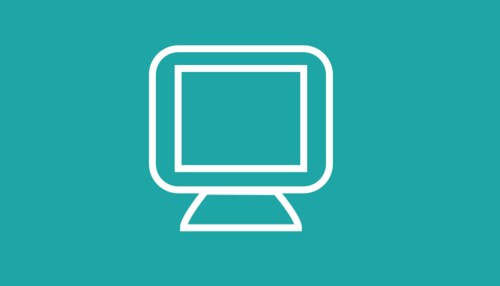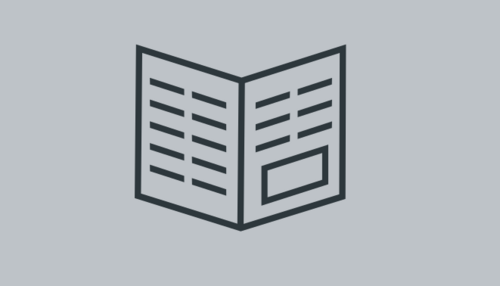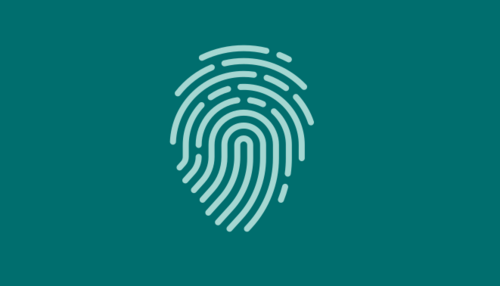Framework Digital Literacies
The six areas of digital literacy

The six literacy areas of the Framework Digital Literacies
The University of Basel is committed to help its students, teaching staff and administrative staff strengthen their digital skills. In order to study or work successfully at the University of Basel, university members should have the appropriate level of digital skills and literacy. To help them reach this goal, the University provides its members with learning resources and support.
The phrase «digital literacy» stands for a system of capabilities and skills that go beyond the level of mere technical know-how. «Being ‘digitally literate’ means having a deeper critical knowledge about technology and digital transformation, on the basis of which individuals can act autonomously and creatively in the digital world.» (IVIT-Strategy of the University of Basel)
Drawing on the project «Digital Capabilities» of the British organisation JISC, the University of Basel has established a «Framework Digital Literacies» with six areas of digital literacy:
How should the Framework Digital Literacies be used?
The Framework Digital Literacies has been designed to serve as a common ground for the University as a whole. It entails precise definitions and establishes a common language. University members can use the Framework as a reference to evaluate their own knowledge and skills. Teachers can rely on it to define learning objectives for their students. The Framework can also be used by teams to estimate the skill level that is required to perform certain activities and tasks.
This web portal has been entirely structured around the the Framework Digital Literacies and its six areas of literacy.
Legal notice
The above diagram is adapted from the «Digital Capabilities Framework» of the British organisation JISC. The adaptation has been realized by the Educational Technologies of the University of Basel within the context of the project Digital Literacies.
The diagram is licensed under the Creative Commons License «Attribution-Non-Commercial-ShareAlike» (CC BY-NC-SA). You can find more information on the web site of the Creative Commons Foundation.






